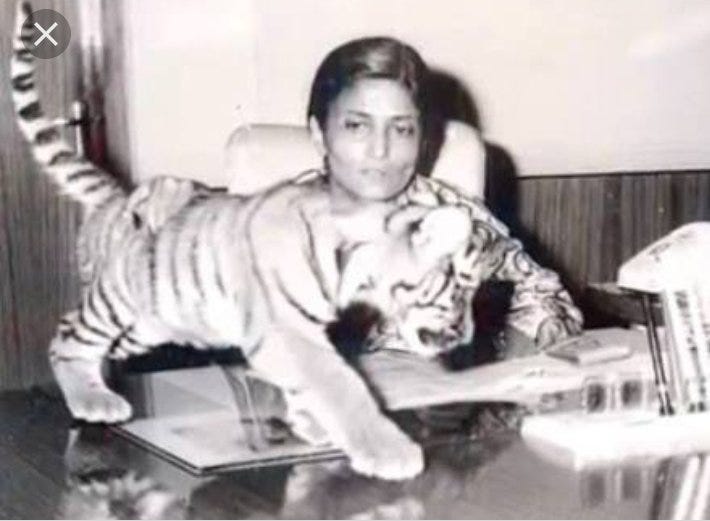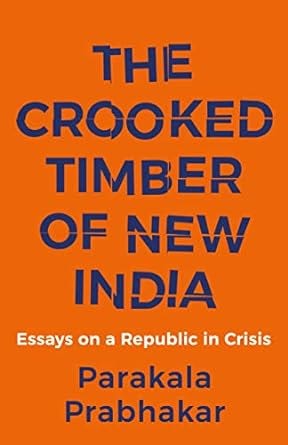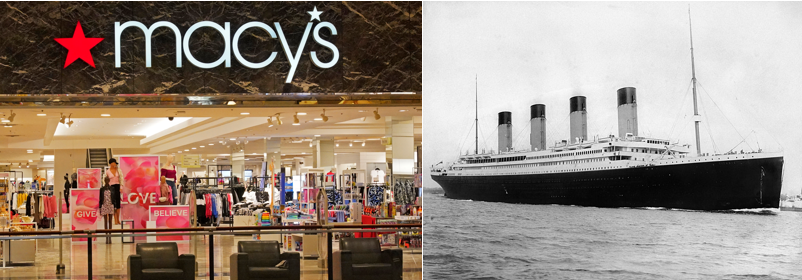God’s Own Country — But Why?
Ever wondered why Kerala is called “God’s Own Country”?
Well, I thought it was a slogan coined by the Kerala Tourism Department, but for a recent visit to Thiruvananthapuram.
We all know one of the prominent rules of present-day Kerala is the Travancore Kingdom, which was ruled by the Travancore Royal family from 1729 to 1949 when it was integrated with the Republic of India.
The family is intricately connected with the famous Padmanabhaswamy Temple of Thiruvananthapuram, which is the protector deity of the royal family. Padmanabha is Lord Vishnu, who is also known as Anantha (in fact Thiruvananthapuram means “City of Lord Anantha”, Thiru — Sacred, Puram — home /city). The temple predates the Travancore dynasty, estimated to have been built in the 8th century.
But back to God’s own country, where we started.
On 17th January 1750 the then Travancore king Anizham Thirunal surrendered the kingdom of Travancore to Padmanabhaswamy and pledged to be the vassals or agents on behalf of the God from then onwards.
Thus every kind had precedence of “Sree Padmanabha Dasa” (or the server of Padmanabha) from then on. And this is how Travancore became the “God’s Own Country”.
Now, this created an interesting situation post-independence, when Sardar Patel was leading the efforts to integrate the Princely states. Travancore under Maharaja Chithira Thirunai became the first state to declare independence and refused to join India. The royal family invoked Lord Padmanabha for the decision, stating that they are caretakers — and the decision has to come from God.
It escalated — the decision (as expected) was welcomed by Muhammad Ali Jinnah, and the Dewan Sir C P Ramaswamy Iyer (Head of Treasury) even expressed the intent to appoint a Trade Agent in Pakistan.
The situation was handled with elan by Sardar Patel. When the Dewan stated that Travancore was being ruled “in the name and on behalf of the tutelary (guardian) deity”, Patel retorted “Is that so? Then please tell me how could Travancore’s rulers allow Lord Padmanabha to become subservient to the British Crown?”
And then the rest is history.









